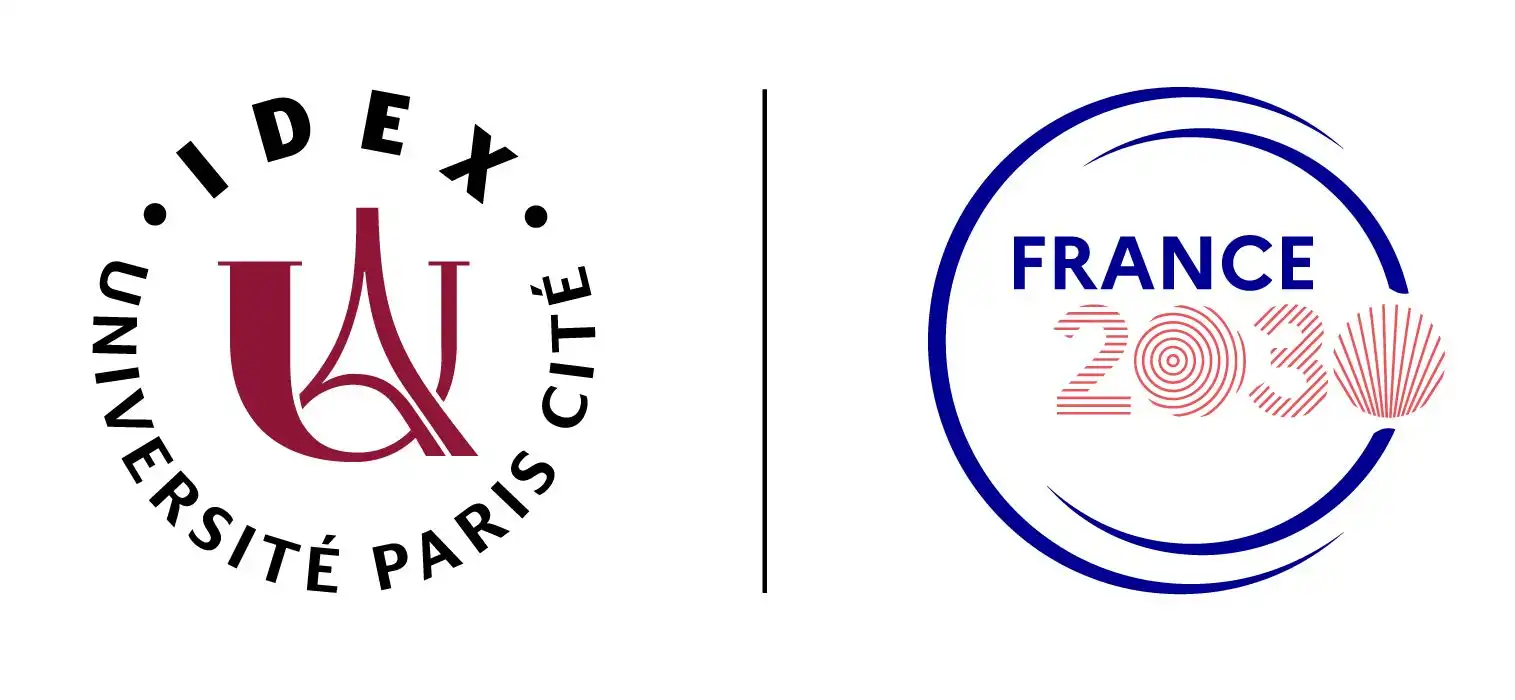
Home>Research>Project>A matter of reciprocity: does increasing recognition for ‘those who work’ decrease support for blaming welfare recipients? (RECIPROC)
A matter of reciprocity: does increasing recognition for ‘those who work’ decrease support for blaming welfare recipients? (RECIPROC)
A project led by LIEPP's Evaluation of democracy and Socio-fiscal policies research groups
Project holder:
Jan Rovny (CEE, Sciences Po)
Research team:
Paulus Wagner (SPS, EUI / CEE, LIEPP, Sciences Po)
Georgios Georgakis (Department of Communication, University of Vienna / CEE, Sciences Po)
Project description:
Populist radical right-wing parties use outgroup blame targeted at groups who allegedly “take more than they contribute” to make electoral gains and to justify attacks on democratic institutions. This strategy resonates among those who are in employment but hold a resentful sense of “injured reciprocity” due to shifts in the occupational status hierarchy, low wages, or adverse working conditions. We propose to test whether it is possible to reverse this dynamic: does increasing the salience of positive identities of ‘those who work’, providing a sense of worth and recognition to those labor under strain, minder the political appeal of outgroup blame directed at welfare recipients? We leverage a survey experiment in multiple European countries, testing how social policies and symbolic appeals aimed at the situation of those who are in employment affect deservingness perceptions of the unemployed and of immigrants, evaluations of democracy, and preferences for party platforms. This project makes part of the initiative “Bringing Politics Back to Work” (P. Wagner/ B. Palier) and is co-funded i.a. by EUI and the University of Vienna.

